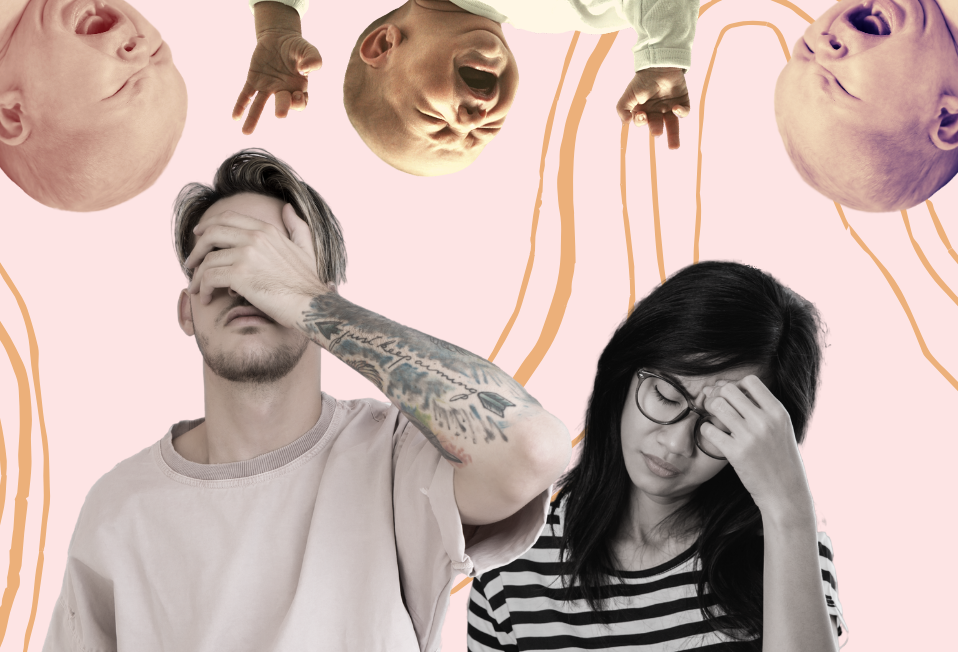Results of new COVID-19 survey suggest you should check in on your friends with kids

COVID-19 stress.
You’re feeling it, I’m feeling it … we’re all feeling it.
The pandemic lockdowns have been a wild ride for most of us, and we’re all suffering in different ways.
Some members of the LGBTQ community, for example, have been forced to quarantine in unsupportive environments. Primary caregivers who are trying to work from home are experiencing a drop in productivity that has already impacted academic publishing rates in a measurable way. And workers under the age of 25 may be faced with disproportionate levels of economic stress, with research suggesting this population segment is the most likely to be laid off during the pandemic.
Little by little, data is emerging that is helping to paint a picture of how the pandemic is affecting us. And now, a new survey has been released by the American Psychological Association (APA) that suggests parents are, to put it lightly, pressed.
Check on your friends with toddlers. The toddlers are winning. Send help.
— Joe Briggs, Esq. (@JoeBriggsEsq) May 12, 2020
In a survey of more than 3,000 adults, 46 per cent of parents with children under the age of 18 reported elevated stress levels due to the pandemic.
By comparison, 28 per cent of adults who don’t have children under the age of 18 reported similar stress levels.
The survey also found that:
“For many parents, it can feel overwhelming to face competing demands at home and work along with possible financial challenges during this unprecedented crisis,” Arthur C. Evans Jr., Ph.D., APA’s chief executive officer said in a statement.
“Children are keen observers and often notice and react to stress or anxiety in their parents, caregivers, peers, and community. Parents should prioritize their self-care and try their best to model healthy ways of coping with stress and anxiety.”
The survey found that men and women from some minority groups are more likely to report pandemic-related stress when compared to white men and women.
For the purposes of the survey, minority groups were classified as Hispanic, Native American, black, and Asian.
“People of colour are more likely than white adults to report significant stressors in their life as a result of the coronavirus pandemic, namely getting coronavirus (71 per cent vs. 59 per cent, respectively), basic needs (61 per cent vs. 47 per cent), and access to health care services (59 per cent vs. 46 per cent),” the APA says in a statement.
“Slightly more than 2 in 5 Hispanic adults (41 per cent) say their average level of stress related to the coronavirus pandemic during the past month was between 8 and 10 [the highest level on the survey’s scale]. Hispanic adults are also most likely to say they constantly or often feel stress as a result of the pandemic (37 per cent), as compared with white (32 per cent), black (32 per cent), Native American (31 per cent), and Asian (28 per cent) adults.”


